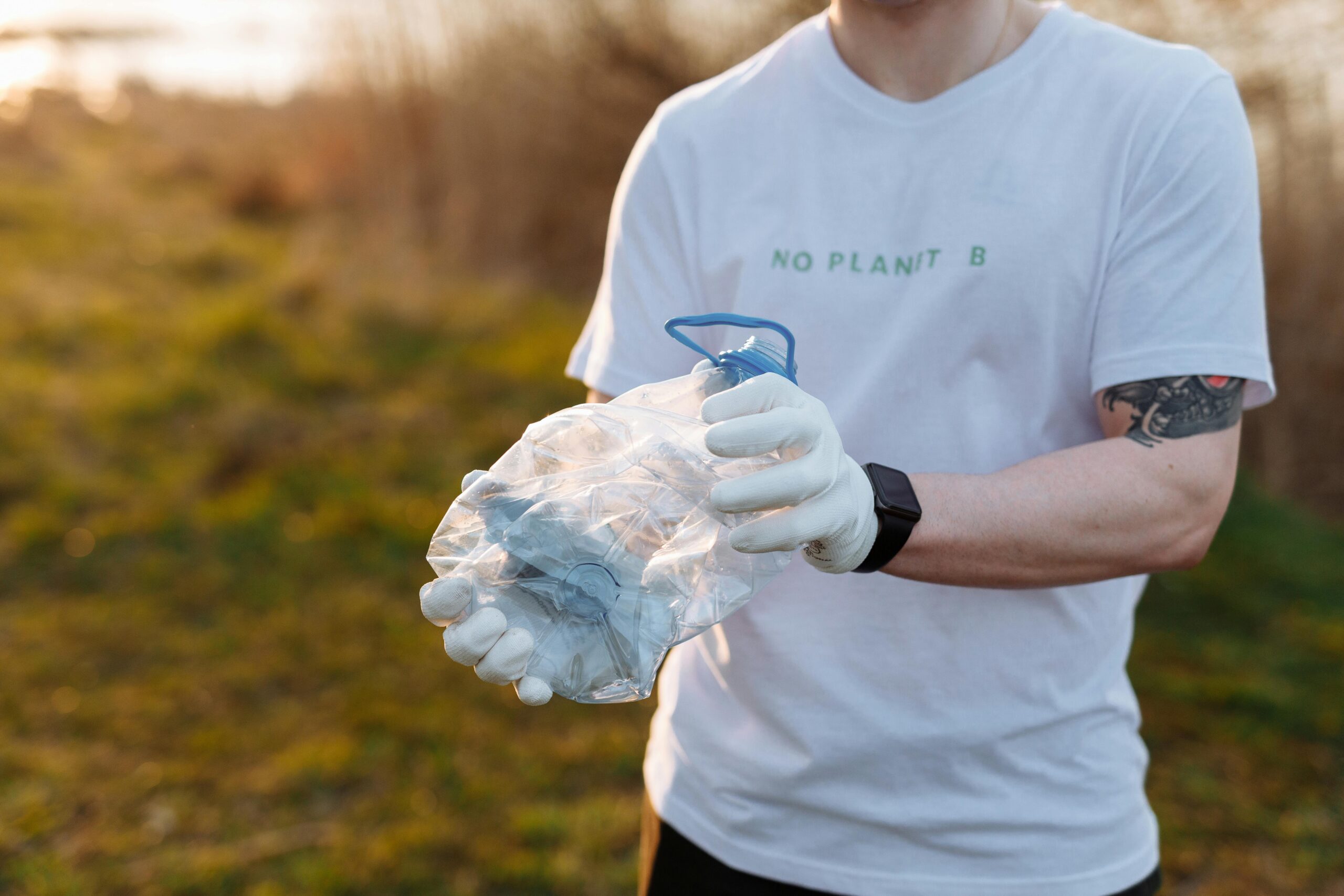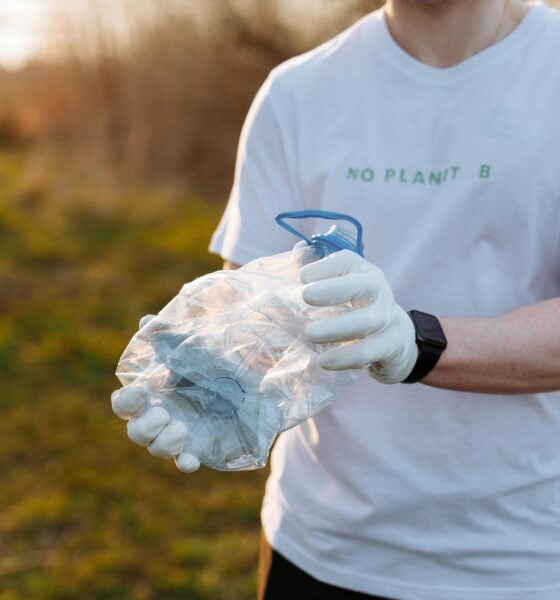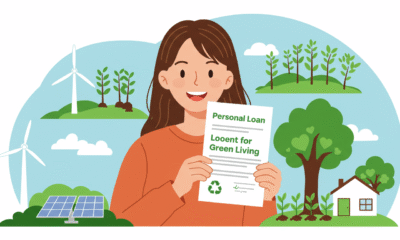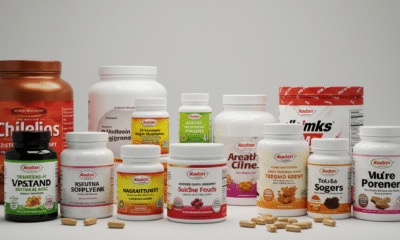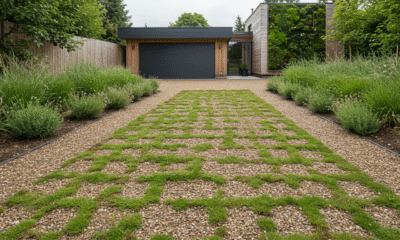The world is full of products that aren’t good for the environment, and some are worse than others. Many of these harmful products are common, but that doesn’t mean you’re stuck using them. There are alternatives to even the most unsustainable products and substances on the planet if you’re willing to look and/or make small changes in your lifestyle.
Here are some of the most useful environmentally-friendly alternatives to popular and common things you might use regularly.
1. Plastic alternatives
Most people know by now that plastic is not good for the environment. It won’t biodegrade, and when plastic trash makes its way to the ocean, it dissolves into microplastics, which harm and kill marine life. This is one of the many reasons plastic bags are so bad.
There are so many alternatives to plastic that it’s hard to list them all, but here are a handful of the most useful items:
· Beeswax wraps can replace plastic wrap
· Reusable food bags can replace plastic bags
· Glass or metal water bottles can replace plastic bottles
· Metal reusable straws can replace single-use plastic straws
· Bamboo, glass, or stainless steel food boxes can replace plastic lunch boxes
· Canvas tote bags can replace single-use plastic bags
The only thing you need to be aware of regarding plastic alternatives is that compostable utensils and the like are no better. These items will not decompose in your backyard. They require being hauled off to a commercial composting facility, and if you throw them away, they will just end up in a landfill where they will be preserved forever. In some cities, it’s illegal to put compostable items into the trash because they create problems.
The only truly sustainable plastic alternatives are reusable items that are not intended to be thrown away or disposed of at all.
2. Low-VOC polymers for commercial production
As one of the most controversial substances, volatile organic compounds (VOCs) are found in a lot of common products and materials. Sometimes they’re hard to avoid completely because there are no alternatives. However, there are exceptions. For example, Kuraray Poval Elvanol is a polymer with low VOC content that can be used to make a variety of products like spun yarn and paper bags – it’s even used by artists.
VOCs get emitted from solids and liquids, and contain chemicals that can sometimes have both short-term and long-term negative health consequences. If you can avoid them, it’s recommended. For companies looking for ways to continue making products that release VOCs, low VOC content polymers are an excellent option.
3. Cedarwood oil for fleas
Fleas and ticks can be a nightmare if you have dogs and cats. There are many chemical-based products on the market designed to kill the fleas and ticks in your home, like powder to put in your carpet and sprays you can use almost anywhere. However, these products are essentially pesticides, and if you use them, you and your pets will be breathing in and possibly ingesting poison in low doses.
The most natural alternative that works just as well is cedarwood oil. It’s a natural flea and tick repellant and kills them on contact. It’s also one of the only essential oils that is safe to use around cats.
For larger dogs above 20 pounds, you can even use it on their fur directly to keep fleas off of them. Smaller dogs are more sensitive, as are cats, so if you have small pets or felines, it’s best to spray it on bedding, their beds, and the carpet rather than directly on their fur.
Many people use cedarwood oil in place of all flea and tick medication and see amazing results, even when flea season is especially bad.
4. Switch to bar soap
If you’re using liquid soap in the bathroom, kitchen, and shower, try switching to bar soap instead. This way, you won’t be throwing away so many plastic bottles all the time.
When you use bar soap, you’re actually more likely to use far less product. That’s a plus because most people overuse liquid soap. Bar soap made right will give you a great lather, and the best part is you can buy handmade soap locally with quality, organic ingredients and skip all the harsh chemicals commercial stores require bar soap to contain.
Make the switch one product at a time
If it’s too much to go all-in with eco-friendly substances, start making gradual changes to the products you use and swap out one thing at a time.
Eventually, you’ll have the environmentally friendly lifestyle you want.


 Environment12 months ago
Environment12 months agoAre Polymer Banknotes: an Eco-Friendly Trend or a Groundswell?

 Features11 months ago
Features11 months agoEco-Friendly Cryptocurrencies: Sustainable Investment Choices

 Features12 months ago
Features12 months agoEco-Friendly Crypto Traders Must Find the Right Exchange

 Energy11 months ago
Energy11 months agoThe Growing Role of Solar Panels in Ireland’s Energy Future
